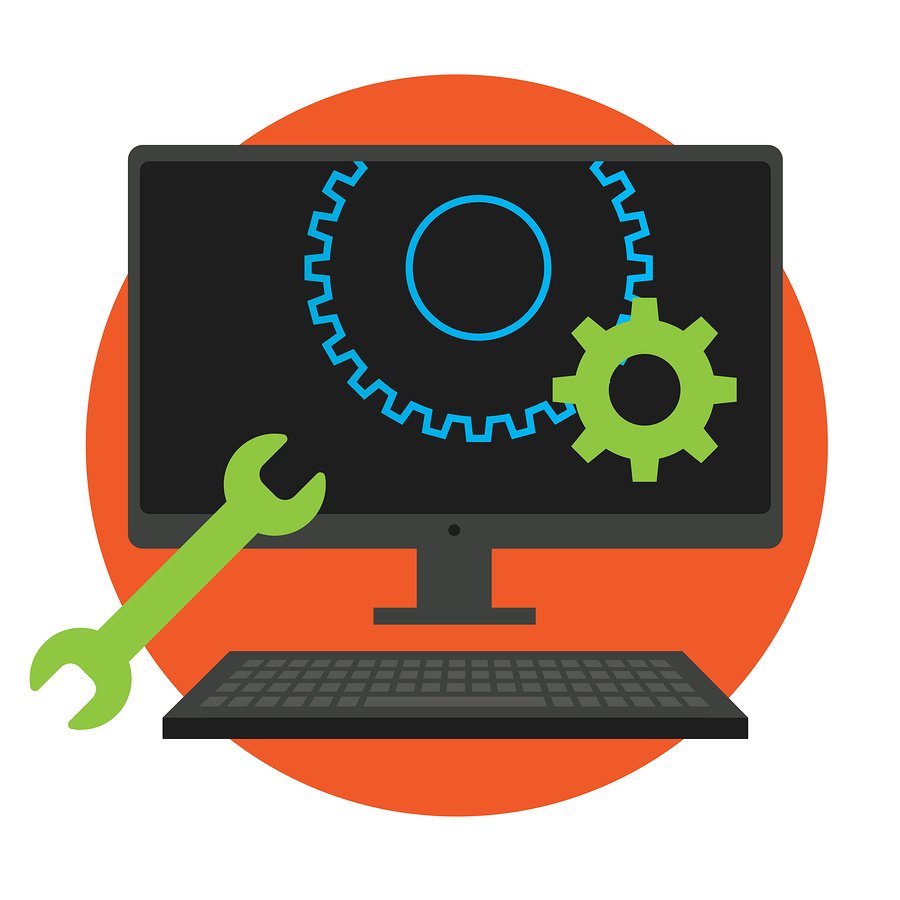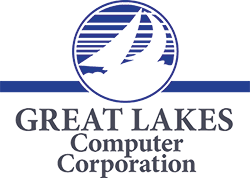 Servers form a crucial backbone of your company, allowing you to serve clients, store data and run your business seamlessly. In order to keep your server working well, you’ve got to forge a reliable routine that minimizes potential error and breakdown and routinizes crucial maintenance tasks. After all, prevention of common issues through a good maintenance routine is far preferable to the data loss that can occur with misuse. Here are seven tips to help you do that.
Servers form a crucial backbone of your company, allowing you to serve clients, store data and run your business seamlessly. In order to keep your server working well, you’ve got to forge a reliable routine that minimizes potential error and breakdown and routinizes crucial maintenance tasks. After all, prevention of common issues through a good maintenance routine is far preferable to the data loss that can occur with misuse. Here are seven tips to help you do that.
1. Ensure Passwords Are Secure
Passwords protect your data and systems, and when they’re out of date or in the wrong hands, problems ensue. Create a systematic routine to review passwords for all employees and clients, changing them frequently and revoking access once they no longer need them.
2. Keep an Eye on Disk Usage
Most companies need varying storage types. You should make sure to segregate archival storage and regular storage. Legal documents, client records and other permanent items should be stored in a special, self-contained system so they’re not using space on your production system. This minimizes security risks, maximizes performance and makes complete data recovery in case of failure more likely.
3. Automate Repetitive Tasks
Backups, for instance, should be automated. Any task you need to do frequently, but is the same every time, also fits the bill. This makes forgetting or error less likely.
4. Check Backups
While backups should be automated, you don’t want to routinize them so much that you never check to ensure they’re working properly. Perform a test recovery several times a year to ensure all is working as it should.
5. Be Smart About Scheduled Maintenance
Never schedule maintenance for a time when you won’t be able to get help if you need it. Think national holidays or weekends. Instead, plan to execute during the week, when you can fall back on expert help if something goes wrong.
6. Update in a Timely Fashion
Out-of-date software and hardware is one the biggest security risks in your server system. Update your operating system, control panel and all applications frequently.
7. Review Your User Accounts
Much like passwords, dangling user accounts can form a serious security risk. Instead of leaving old accounts semi-active, go through periodically and remove from the system any accounts your company is no longer using. These include accounts from previous employees or former clients. Keep in mind that your contract may specify you delete client data when they move on, so this helps you remain in compliance.
If you’re not sure whether or not your server maintenance routine is up to snuff, consider getting the help of a professional such as Great Lakes Computer. As the old saying goes, “an ounce of prevention is worth a pound of cure,” so don’t wait until you’re in a jam to call in the experts. Do it today and get the peace of mind that comes with knowing your servers are, and always will be, in good hands.




